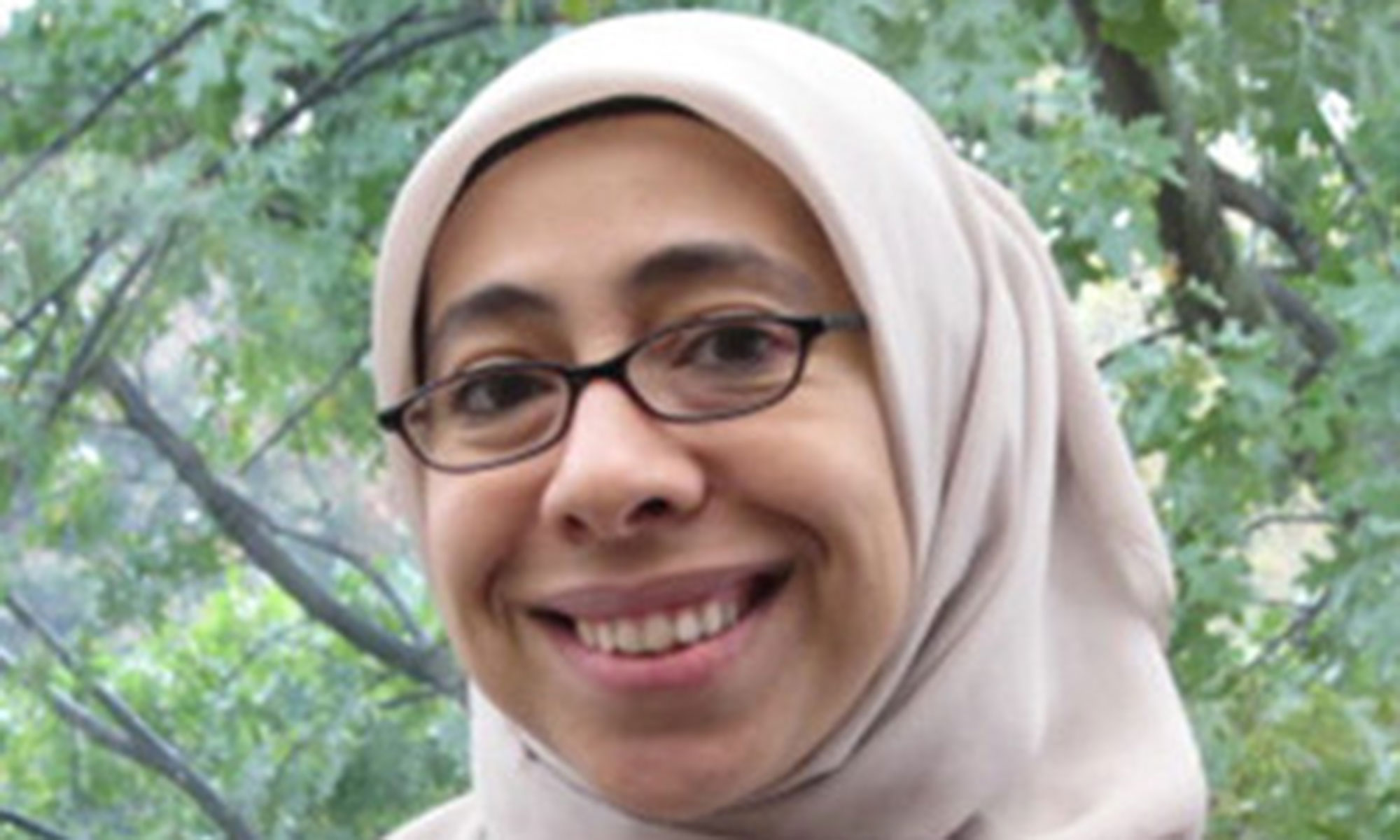'How did Egyptians end up with a Father of Feminism?'
| Location: | |
| Ticket Info: |
Attend the seminar in-person or via zoom
|
| Questions: |
Assistant Professor
|
| Sponsor(s): |
The Global Studies Seminar presents “How did Egyptians end up with a Father of Feminism?” by Denison University’s Associate Professor of History Hoda Yousef.
This talk will center on the contested legacy of one of Egypt’s most famous early activists for women’s rights, Qasim Amin (1863-1908). Although Amin’s name is nearly synonymous with the early push for women’s rights in Egyptian popular histories and culture, historians have justifiably been skeptical about the true impetus behind Amin’s proposals for Egyptian women. As a result, scholars over the last several decades have made significant strides in contextualizing Amin’s contributions and bringing to light other activists and writers—many of whom were women—who advocated for societal changes. In light of these reassessments, Amin has become a less prominent, yet more contested figure in the history of Egyptian feminist movements.
This presentation will focus on the political and ideological factors that contributed to Amin’s notoriety and how his perspectives were attacked by some, championed by others, and eventually enshrined for national consumption. Through this exploration, the audience will have the opportunity to learn about the changing culture and intellectual trajectories of one of the earliest and most influential feminist movements in the Middle East.
Yousef is a historian of the modern Middle East with a focus on cultural and social history and gender in society. She teaches survey courses on the premodern Islamic World and the modern Middle East. She also offers upper-level courses that focus on women and gender, the Ottoman Mediterranean, the Arab nahda/renaissance, and urban life in the Middle East.
Her scholarship broadly centers on the “social history of ideas”—in other words, how ideas move through and influence societies and cultures at various moments of change. Her book, Composing Egypt: Reading, Writing, and the Emergence of a Modern Nation, 1870-1930 (Stanford, 2016), explores how new kinds of engagements with the Arabic language transformed the way Egyptians related to the written word, civic participation, and gendered roles in the public sphere.
She has also published articles in the International Journal of Middle East Studies, Journal of Middle East Women’s Studies, History of Education, British Journal of Middle Eastern Studies, and European Education.
She is currently working on a manuscript entitled, “Qasim Amin and the Many Legacies of a Feminist Patriarch.”
